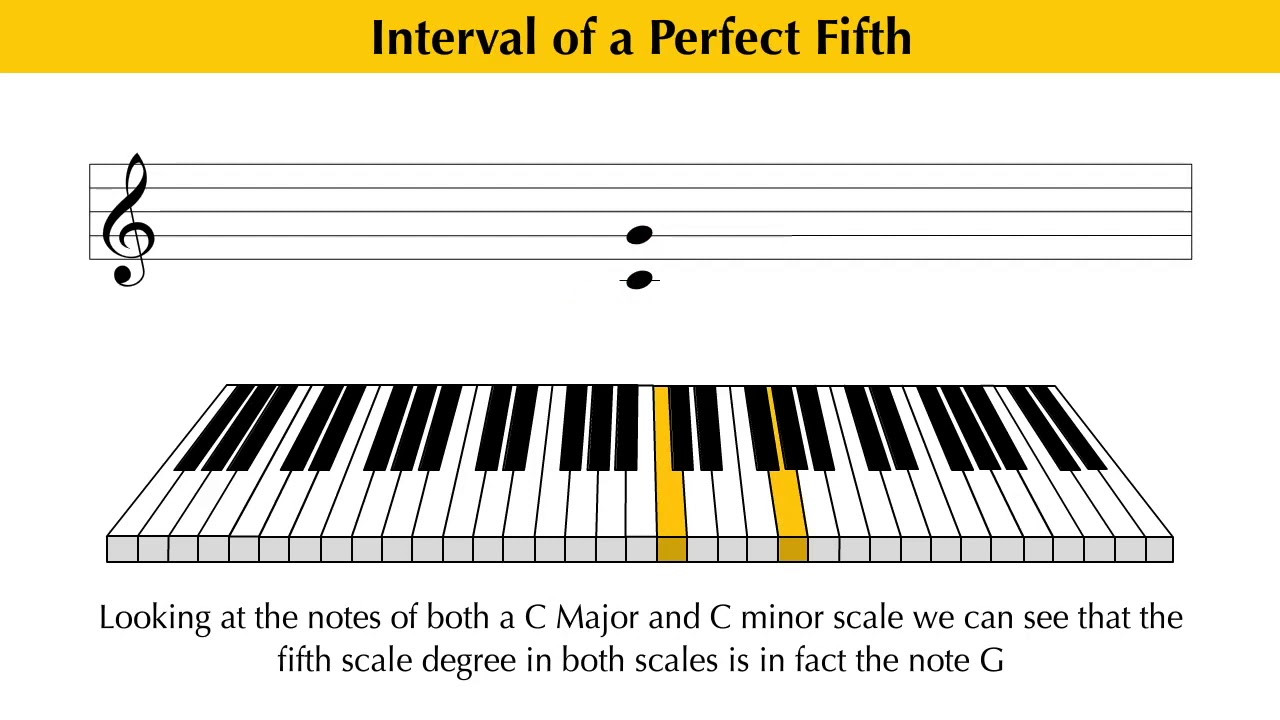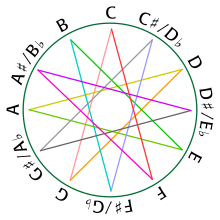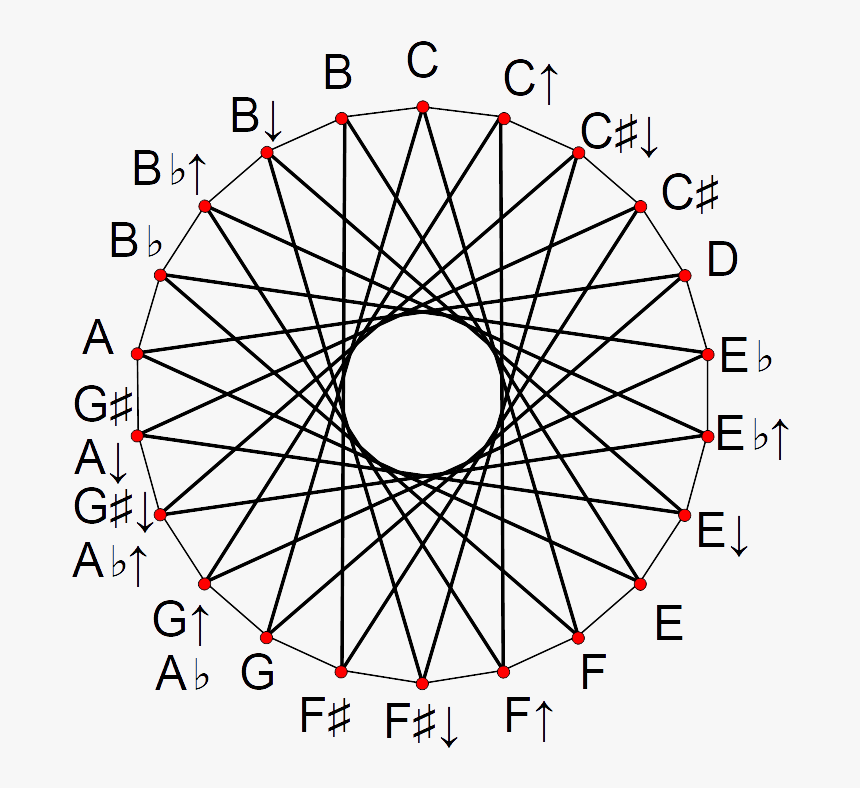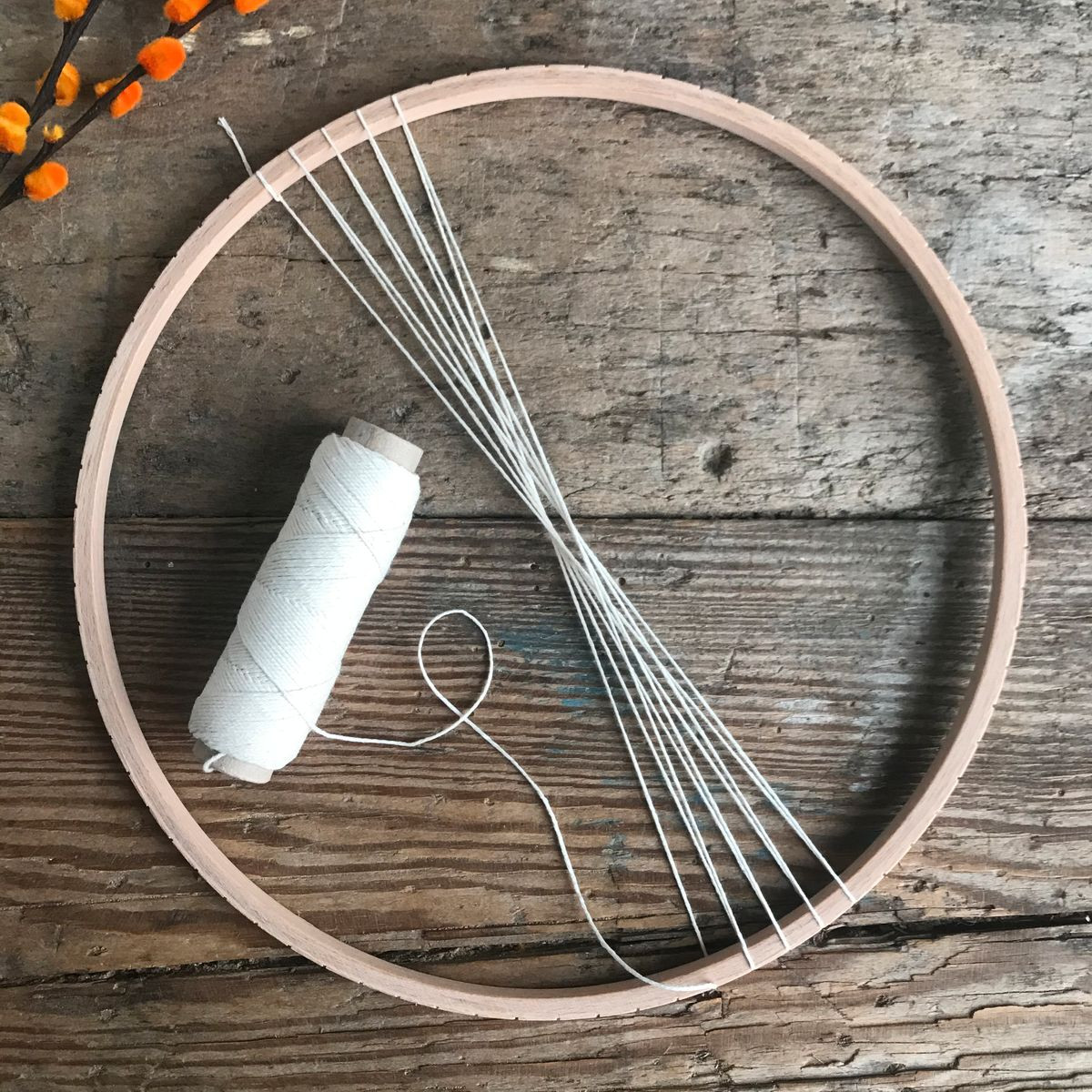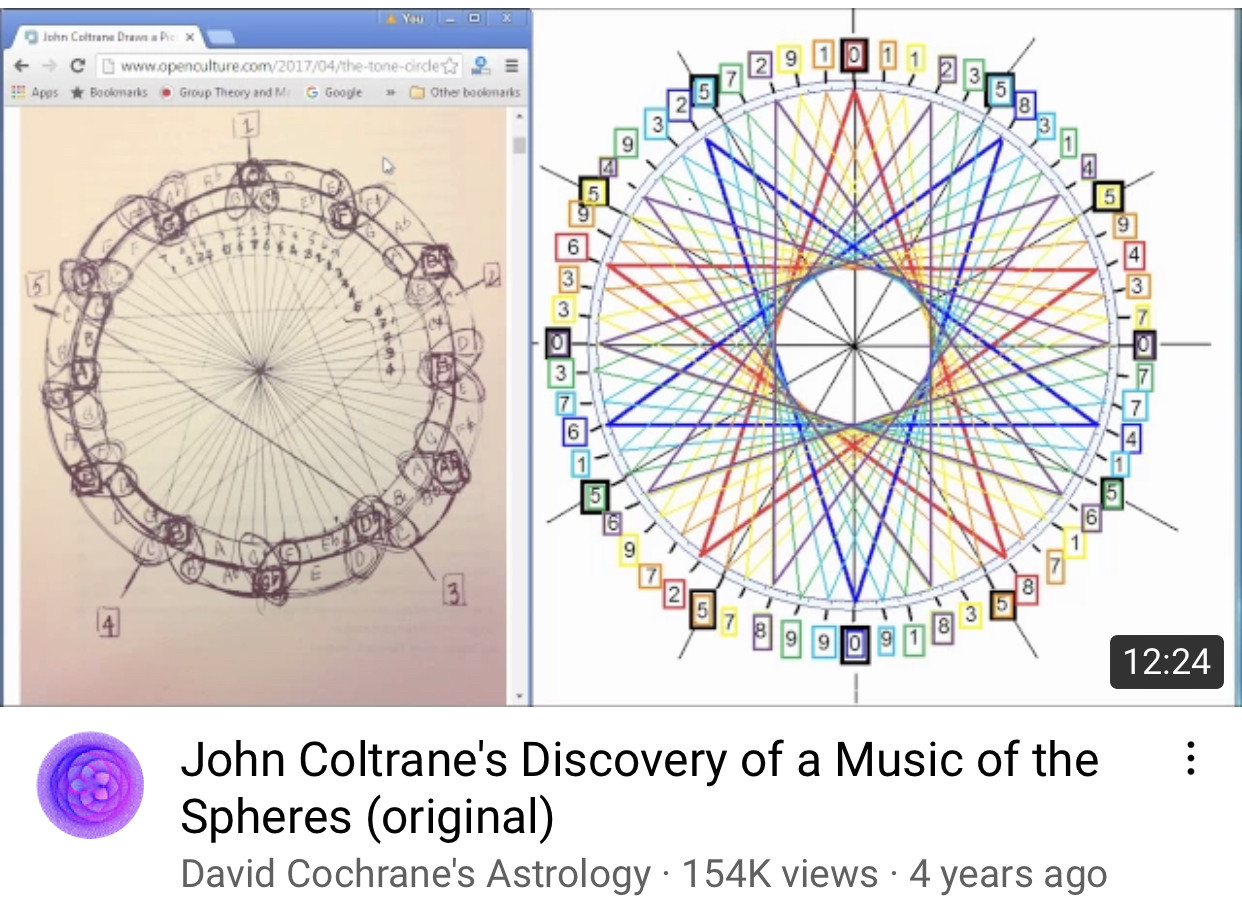❤️
The human voice consists of sound made by a human being using the vocal tract, including talking, singing, laughing, crying, screaming, shouting, or yelling. The human voice frequency is specifically a part of human sound production in which the vocal folds (vocal cords) are the primary sound source. (Other sound production mechanisms produced from the same general area of the body involve the production of unvoiced consonants, clicks, whistling and whispering.)
Generally speaking, the mechanism for generating the human voice can be subdivided into three parts; the lungs, the vocal folds within the larynx (voice box), and the articulators. The lungs, the "pump" must produce adequate airflow and air pressure to vibrate vocal folds. The vocal folds (vocal cords) then vibrate to use airflow from the lungs to create audible pulses that form the laryngeal sound source. The muscles of the larynx adjust the length and tension of the vocal folds to 'fine-tune' pitch and tone.
even the smallest amount of something spoken or written.
noun: a word
word; plural noun: words
A harmonic is any member of the harmonic series. The term is employed in various disciplines, including music, physics, acoustics, electronic power transmission, radio technology, and other fields. It is typically applied to repeating signals, such as sinusoidal waves.
say
/seɪ/
verb: say; 3rd person present: says; past tense: said; past participle: said; gerund or present participle: saying
1.
utter words so as to convey information, an opinion, a feeling or intention, or an instruction.
"‘Thank you,’ he said"
speak
utter
voice
pronounce
give utterance to
give voice to
vocalize
declare
state
announce
remark
observe
mention
comment
note
add
reply
respond
answer
rejoin
whisper
mutter
mumble
mouth
come out with
claim
maintain
assert
hold
insist
contend
aver
affirm
avow
allege
profess
opine
asseverate
express
put into words
phrase
articulate
communicate
make known
get across
put across
convey
verbalize
render
tell
reveal
divulge
impart
disclose
imply
suggest
signify
denote
mean
adduce
propose
advance
bring forward
offer
plead
pleading (comparative more pleading, superlative most pleading)
That pleads.
Middle English (in the sense ‘to wrangle’): from Old French plaidier ‘go to law’, from plaid ‘discussion’ (see plea).
plaid
(archaic) simple past tense and past participle of play
(transitive, especially of a person) To produce music (or a specified song or musical style) using (a specified musical instrument).
I'll play the piano and you sing.
Ego should have no place, in the heart of man! Numquam Cedere -Never Surrender ***5 Year Active Duty Veteran- Operation Desert Fox.
Recently retired, no longer affiliated with any party. Constitutional patriot listening for God’s word
🤣🤣🤪🤪
I lost it when I saw the nuts....
Recently retired, no longer affiliated with any party. Constitutional patriot listening for God’s word
That’s one either for an engineer, or shrink🤣🤣


